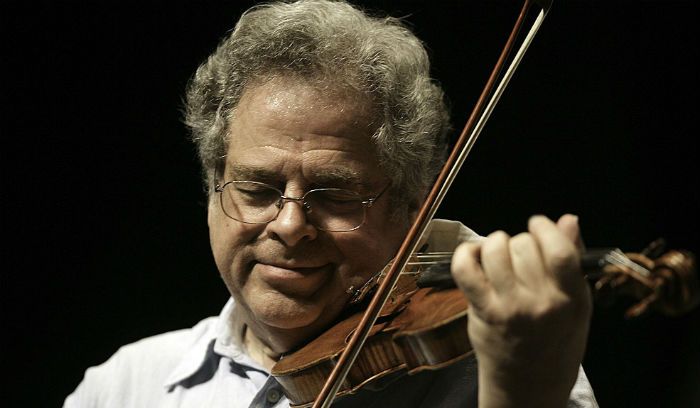“Practise slowly” is the most common advice violinist Itzhak Perlman gives children whenever they ask him for his autograph. Practising slowly, he continues on The Strad, means forgetting things slowly, whereas relying on quickness can work in the short term but ends up being counterproductive in the long run.
He then elaborates on the practice schedule that made him the violinist he is today: his maestro was jokingly dubbed a “scale fiend” (which does not actually mean he was a scaled creature like, say, a dragon) and, as a consequence, young Itzhak would devote one hour per day to scales, another hour to the études. Making sure you do the scales properly before devoting yourself to the etudes, Perlman explains, will save you a lot of time.
As for the equation more practice=greater improvement, he is happy to contradict it. He uses the sponge example to make his point: when you put a sponge in the water, it reaches a saturation point after some time, and, even if you keep it in longer, it won’t get more soaked. The brain works the same way.
“I would say five hours is the absolute maximum. After that it can cause physical problems,” he concludes.
As for how long Perlman himself practises, he estimates an average of three hours a day, even though, by now, he left regular sessions behind: he no longer does scales and exercises, but he advises against copying him in this. Simply put, he did his “due diligence” in his youth.

